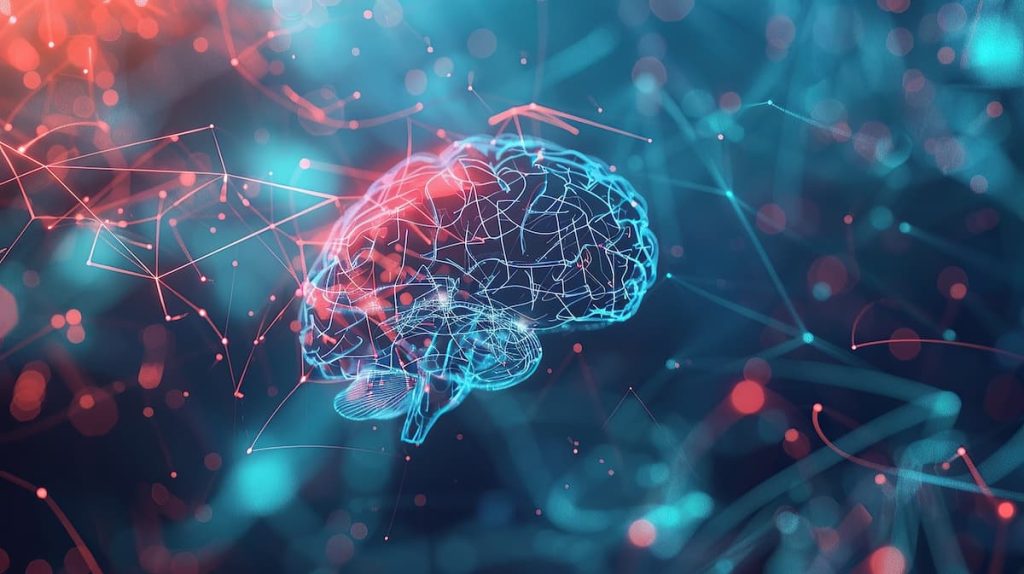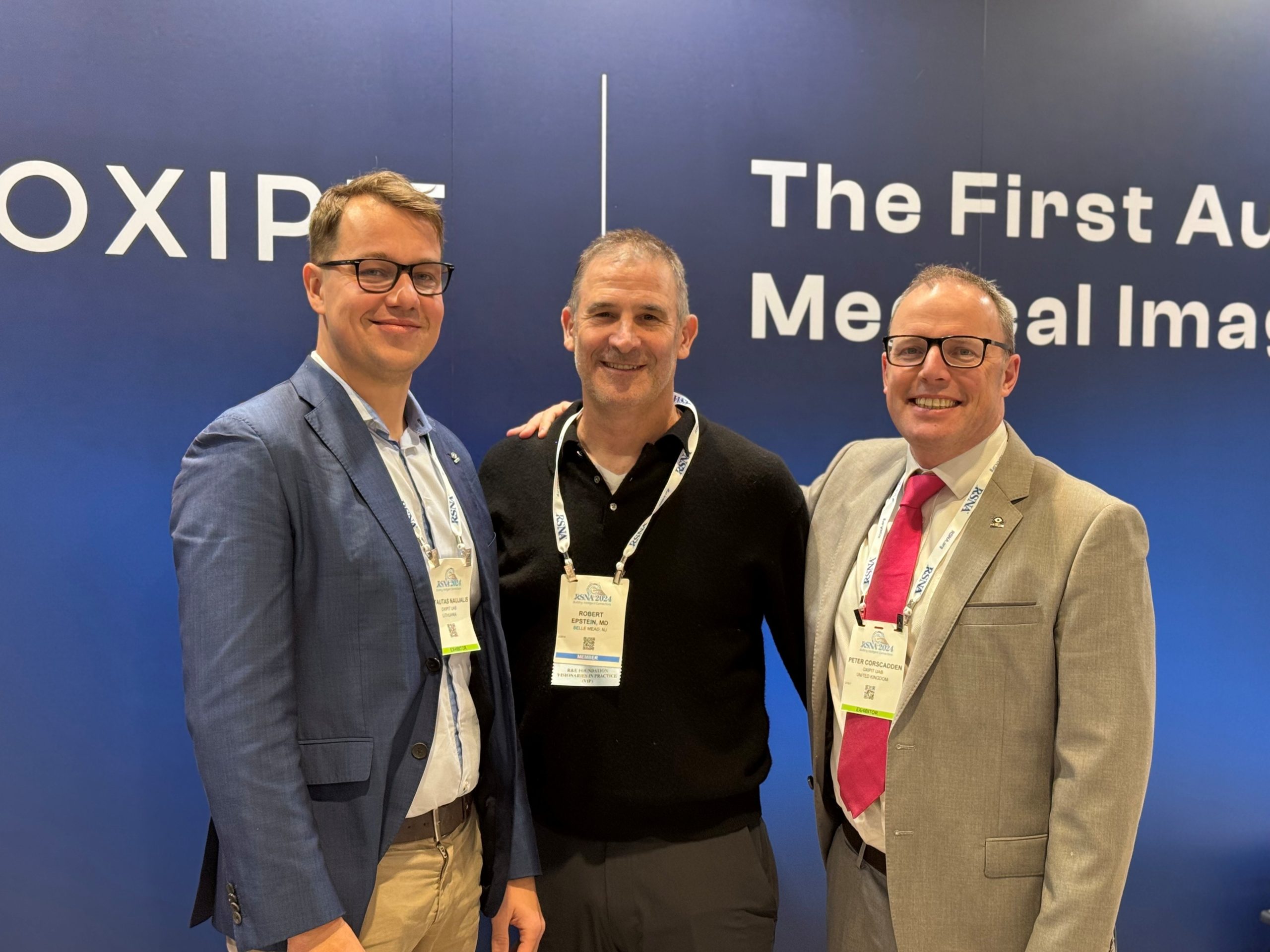
A newly developed AI model can predict how long a person with a learning disability is likely to stay in hospital, offering insights to hep improve care and resource planning.
The model aims to tackle healthcare challenges faced by people with learning disabilities and multiple health conditions.
Developed by computer scientists at Loughborough University as part of the ‘DECODE’ project, the team used GP and hospital data from over 9,600 patients with learning disabilities and multiple health conditions to develop an AI model capable of predicting hospital stay lengths within the first 24 hours of admission.
“The model generates predictions by assessing factors such as a patient’s age, medication history, lifestyle, and existing health conditions”, explains Professor Georgina Cosma, an expert in AI for healthcare at Loughborough University and DECODE co-investigator.
“With early and accurate predictions, hospitals can plan better and provide more personalised care, ensuring fair treatment for all patients.”
The AI model was tested using the dataset it was trained on and was 76 per cent effective in distinguishing between patients likely to have prolonged hospital stays and those who would be discharged sooner.
The AI model was also used to analyse the hospital data to identify key reasons for hospitalisations and health patterns among people with learning disabilities and multiple health conditions.
On average, people with learning disabilities and multiple health conditions stay in hospital for three days and stays exceeding 129 days are often linked to mental illness
It also found that patients with stays of four or more days are more likely to be over 50 years old, live in more deprived areas, have obesity or are less physically active, have more health conditions, a history of long hospital stays, or previous treatment for long-term conditions.
Jon Sparkes OBE, CEO of learning disability charity Mencap, said: “This research demonstrates how AI could help tackle these vast inequalities by spotting patterns and predicting resource needs, which could all improve patient outcomes.
“However, prediction alone is not enough – we must ensure these insights drive real-world changes, reducing avoidable hospital admissions and ensuring people with learning disabilities receive timely, effective, and personalised support.
“As the Government develops the 10 Year NHS Plan, they must prioritise using technology to address health inequalities and ensure the healthcare system meets the needs of people with a learning disability.”
The insights from this study and the wider DECODE project will be used to support the NHS in developing risk prediction algorithms to assist clinicians in decision-making.
Dr Satheesh Gangadharan, Consultant Psychiatrist with the Leicestershire Partnership NHS Trust and the DECODE Co-Principal Investigator, said: “We are in the process of applying this knowledge into practice as well as sharing it widely.
“While hospital care is an important part of healthcare provision, we are exploring ways to minimise the need for hospitalisation by exploring where health interventions could be delivered earlier and people with learning disabilities could be engaged in their care better.”
Professor Thomas Jun, an expert in sociotechnical system design at Loughborough University and DECODE co-principal investigator, said: “We’re now expanding our study to include a more diverse group of over 20,000 patients across England to ensure our predictive model is as accurate and effective as possible.
“We’re also seeking additional funding for a clinical trial to test how this personalised prediction tool can reduce emergency admissions and improve quality of life for patients with learning disabilities and multiple long-term conditions.”
Lead author Emeka Abakasanga at Loughborough University, said: “We hope this paper and its findings contribute to fairer healthcare interventions in hospital admissions for diverse patient groups within the learning disability cohort.”








